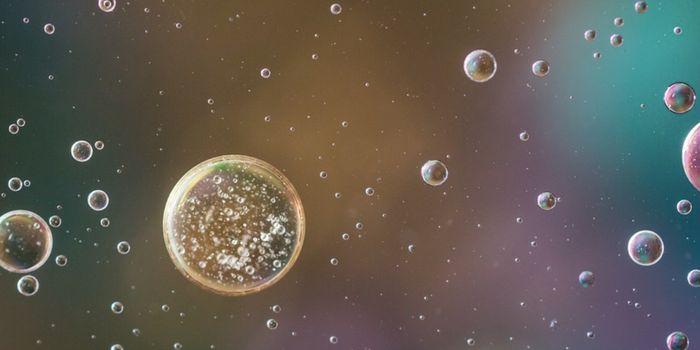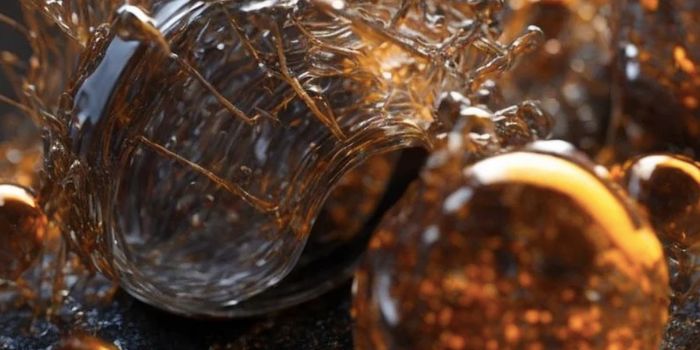Growing Plants That Don't Need as Much Water
Parts of our world already have to deal with periods of drought, and it may only get worse. Agriculture places enormous demands on our water supply, and with our population rising, that’s likely to increase. So researchers want to find a way to ensure plants will get enough water when supplies are short - before we face a devastating crisis. Recent work reported in Nature Communications has shown that by altering the level of one gene, plants are simulated to conserve water while continuing to grow normally.
“This is a major breakthrough,” said RIPE Director Stephen Long, Ikenberry Endowed Chair of Plant Biology and Crop Sciences. “Crop yields have steadily improved over the past 60 years, but the amount of water required to produce one ton of grain remains unchanged - which led most to assume that this factor could not change. Proving that our theory works in practice should open the door to much more research and development to achieve this all-important goal for the future.”
Agriculture is estimated to currently consume 90 percent of the fresh water in the world. In this work, a crop’s water use was reduced by 25 percent, without changing yield by raising the levels of PsbS, a photosynthetic protein. Plants get tricked into partially closing the tiny pods in their leaves that relate water, the stomata. Stomata act like gatekeepers for plants; if they’re open, carbon dioxide can get in and fuel photosynthesis, water can this escape through a process called transpiration.
“These plants had more water than they needed, but that won’t always be the case,” said co-first author Katarzyna Glowacka, a postdoctoral researcher who led this research at the Carl R. Woese Institute for Genomic Biology (IGB). “When water is limited, these modified plants will grow faster and yield more; they will pay less of a penalty than their non-modified counterparts.”
As carbon dioxide levels in the atmosphere have risen by 25 percent in the past 70 years, plants haven’t had to open their stomata completely. “Evolution has not kept pace with this rapid change, so scientists have given it a helping hand,” noted Long, a professor of crop sciences at Lancaster University.
“Making crop plants more water-use efficient is arguably the greatest challenge for current and future plant scientists,” said co-first author Johannes Kromdijk, a postdoctoral researcher at the IGB. “Our results show that increased PsbS expression allows crop plants to be more conservative with water use, which we think will help to better distribute available water resources over the duration of the growing season and keep the crop more productive during dry spells.”
Sources: ACES, Nature Communications









